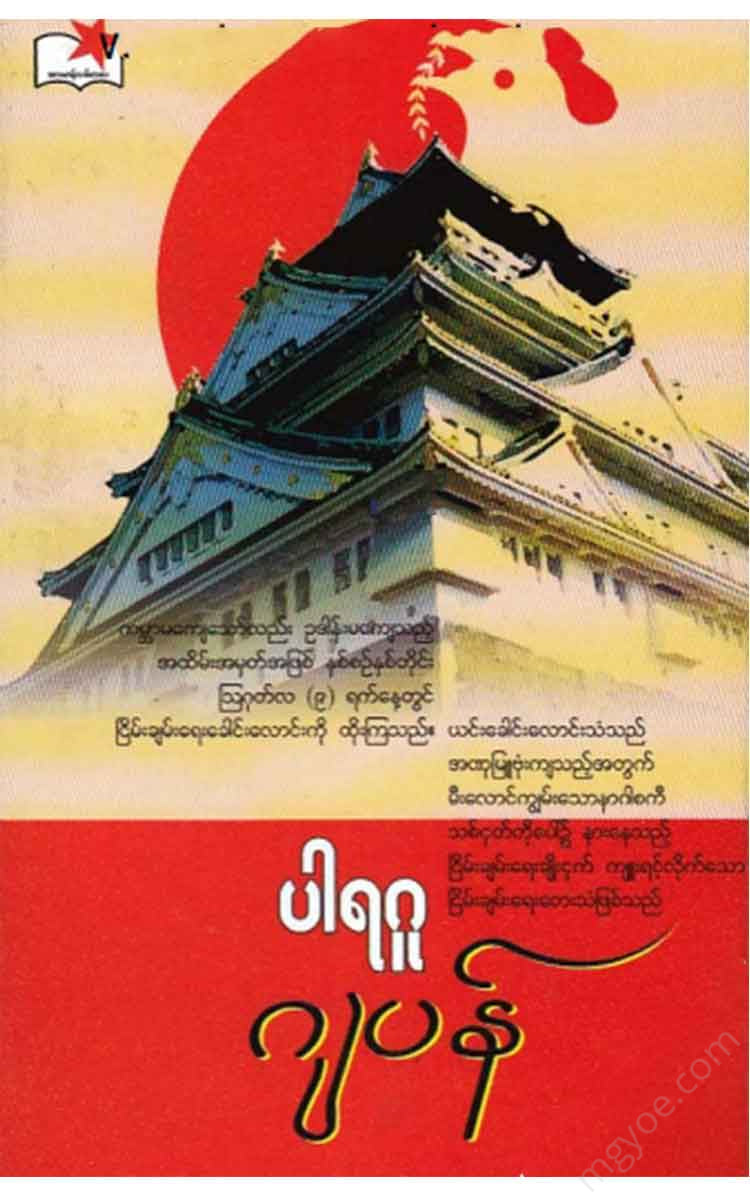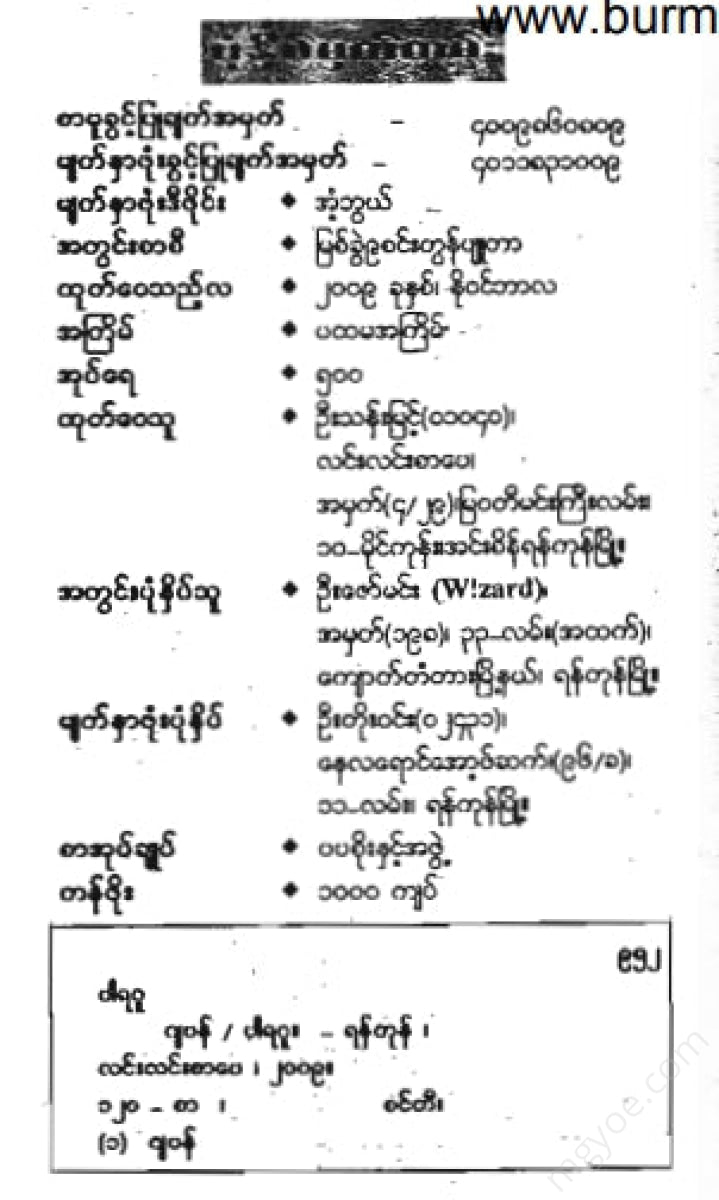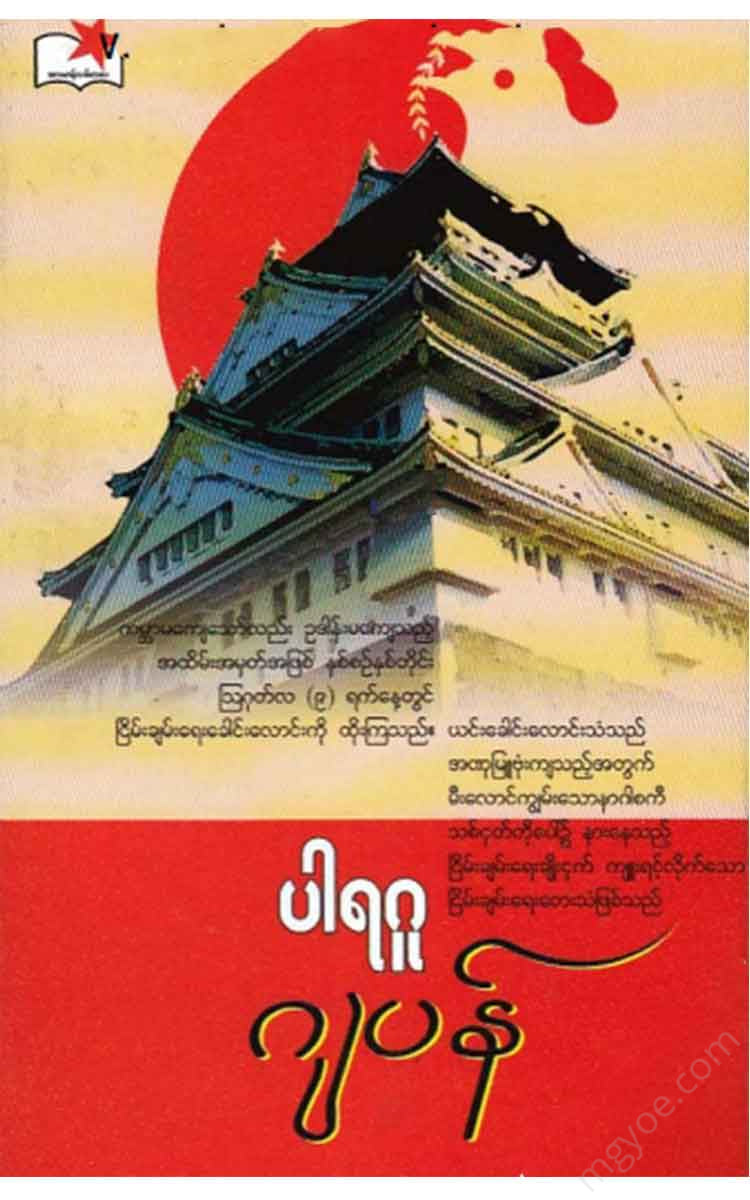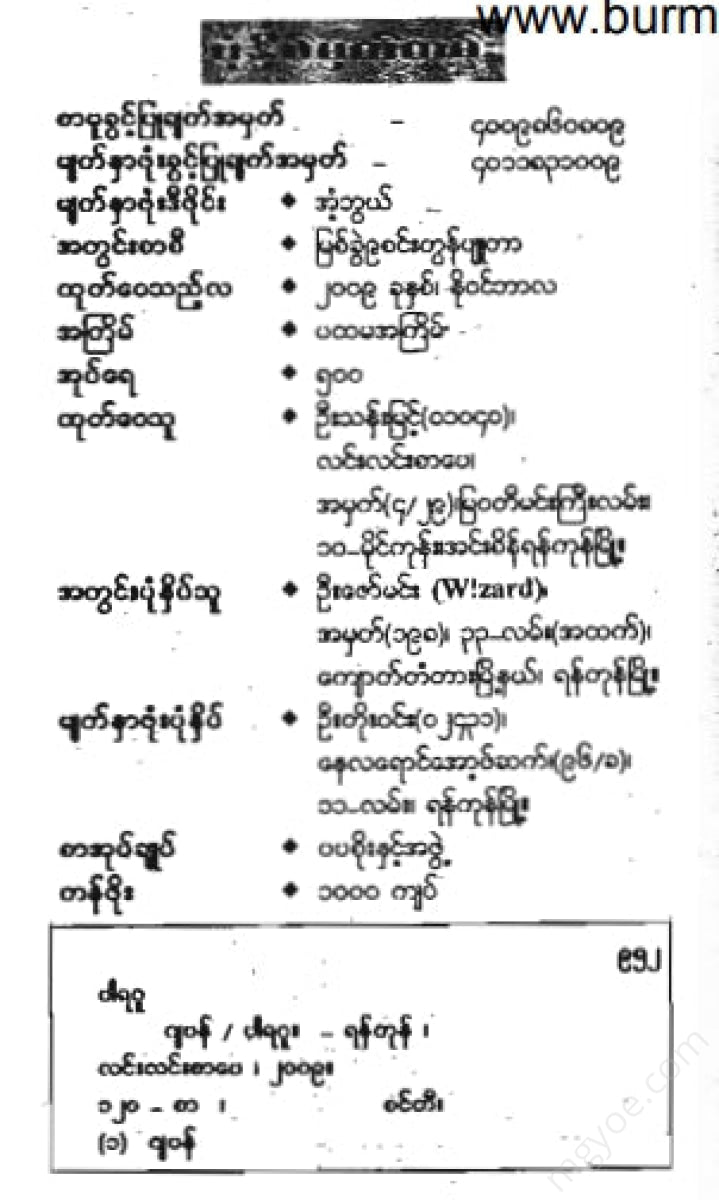Other Websites
Specialist - Japan
Specialist - Japan
Couldn't load pickup availability
Message
Apart from India, the country I am most interested in is Japan. Why are you interested in Japan? Japan is a Buddhist country. The Buddhism that is prevalent in Japan is Mahayana Buddhism. Mahayana Buddhism also has many interesting aspects.
There are over 30 Mahayana Buddhist sects practicing in Japan that are respected. Of these over 30 sects, the one that caught my attention the most is the Ninyorinwon sect.
Why is Nichiren Buddhism the most attractive sect? Nichiren Buddhism is a sect founded on the "Saddhammapunda" Sutta.
“The Saddhamma Pundarika Sutta is a sutta that strongly encourages action for the benefit of the world.
It is no wonder that the Nichiren sect, founded on the principles of the Sama Pundarika Sutta, has had a profound impact on those who are interested in serving the common good and worldly welfare.
- Another reason for my interest in Japan is Japanese literature. Apart from India, Japan is the country that interests me most in terms of literature among Asian countries. It has been a major factor since the first time novels were written in Japan.
Therefore, he has occasionally presented articles and papers about Japan, which has had a profound influence on him both religiously and literaryly, as a part of the Burmese literary world. Now, in the book published under the title “Japan,” he is extremely happy to present his articles and papers about Japan to the Burmese reading public.
Expert
10.11.88
Japanese and myself
Date: November 25, 1943
Time: 3 p.m.
Location: Thanlyin Temple.
There are two types of sirens: the chirping of a bird is sweet, while the wartime siren, which warns of approaching bombers, is harsh and sounds like a bird's chirp.
It was about 8 pm. The sound of a bird's nest was heard. Thanlyin is on the other side of Yangon, so whenever a bomber plane flies over Yangon, the sound of auspicious sirens is heard not only in Yangon but also in Thanlyin. When we hear the sirens, we go down to the school as usual and look towards Yangon.
Enemy aircraft were in the sky over Yangon. They were dropping more than thirty incendiary bombs and were attacking. It was interesting to watch the battle between the British planes in the sky over Yangon and the Japanese army on the ground in Yangon from Thanlyin, on the other side of Yangon.
When the siren sounded at night, they used to go downstairs and watch the battle in the sky over Yangon from the west corner of the school with interest. Now they were watching the battle in the sky over Yangon. It didn't take long. When the siren sounded again, indicating that the enemy had been defeated, they went back upstairs and slept.
However, the enemy plane did not seem to be satisfied. At about 3 o'clock in the morning, the warning siren was heard, saying that an enemy plane was coming. At about 8 o'clock, they had already gone down to the school, and this time they had not woken up at the sound of the siren, but were still sleeping. They could not wake up until they heard the deafening, loud sounds of artillery. They got up from their sleep and went down to the school, and from the place where they were looking, they watched the battle in the sky. They thought that the flower of hell was a golden flower. They were looking for beauty in the battle in the sky. They were cheering for each other's boxing matches. They were clapping for the buffalo fight. They did not understand at all that they would soon become the enemy of their land. .
The enemy plane was caught in the light of the iron barricade below. It looked like a "moth" under the light. When the anti-aircraft guns fired continuously and loudly, the enemy plane quickly flew west. Our group shouted, "We're going to crash!" and watched the enemy plane crash.
At that moment, a Japanese fighter plane opened fire from the west, and they did not think that the enemy plane was turning towards Thanlyin City, so they looked at the plane overhead without fear. At that moment, they heard the sound of a bomb falling, and suddenly they fell to the ground. They chanted all the mantras they could remember and prayed to the Buddha. The sound of the bomb made their ears ring. Although it was almost certain that they would die a terrible death, it seemed that the king of death had fallen into their eyes.
The sound of the bombing had stopped, and as I ran into the schoolyard, I could hear the pitiful cries of a group of refugees shouting, "Get out of the house , get out of the house!" from the houses that were burning and burning. The surrounding area was filled with smoke and darkness. I thought that was how the world would end. I was so scared that I was jumping up and down . Until then, I was still standing in the middle of the schoolyard. Three bombs fell on the schoolyard. The closest one was only four, five, or six meters away from where we were lying down. Seven or eight bombs fell in the surrounding area.
Despite being so close to death, we all miraculously escaped. About a month later, the monk U Kheminda, who was in charge of the monastery, had a fever that had not completely subsided. When Dr. Tha Tin examined him, he found a small bomb lodged in his back and had it removed. The monastery was destroyed. The bed on the top floor of the monastery was hit by a bomb. We were shocked to see bombs falling from where we were watching the battle in the sky. It did not seem like the enemy plane had deliberately bombed Thanlyin. It seemed that the machine gun and artillery fire had made it easier to escape. .
Around the same time as the fateful day, I went to a Japanese language school.
Seven bombs fell around our school campus, and not long after, Japanese soldiers rushed to the bomb site with a “quick quick” sound. The Japanese soldiers came to the bomb site to inspect the bombs because they were responsible for clearing out the unexploded bombs.
Among the group watching the battle in the sky was a young monk wearing a monk's robe. The monk Dullaba was attending a Japanese school and spoke Japanese. Among the Japanese soldiers who arrived at the bombing site was a soldier who taught Japanese. When the monk Dullaba saw his Japanese teacher, the soldier, he called out, "Singsa, singsa," and said that the monks and nuns wanted to learn Japanese. Even when he was on the verge of death, the monk Dullaba expressed his desire to learn Japanese, saying that he had encountered difficulties. The Japanese soldier remembered what the monk Dullaba said. .
A week later, there were about five monks and nuns at the Japanese school opened at St. Jack's School in Thanlyin. I was one of the nuns and monks. At that time, a Japanese soldier was temporarily teaching Japanese until the Japanese teachers from Japan arrived. At first, there were some problems at the Japanese school. When the time came for the lesson, all the students stood up and bowed. This became a problem for the monks and nuns. At first, they had to stand up like most people. The Japanese teacher was a Japanese soldier, so it was only temporary. Soon, two Japanese teachers from Japan arrived. The teacher's name was "Khat" and the assistant teacher's name was "Kanami-ku". Kanami-ku spoke a little English. During the Japanese lesson, he spoke English in a broken voice. Watching the Japanese students stand up and pay respect, Kanami said, "The other students bow their heads and pay respect, but the Koreans, U Pyin Sin, do not bow their heads but pay respect with a proud posture." Saya Khatok was a very understanding Japanese teacher. When he explained at the beginning of the class that standing up and paying respect was not something that monks and nuns should do, the Japanese teacher Khatok understood and allowed the monks to stay as they wished. . . .
After studying for three months, I learned to speak Japanese. Some young students went to Japanese school for three months and when they learned to speak Japanese, they went out to translate Japanese. They wanted to learn Japanese, so they went to school without fail and took Japanese lessons. They studied Japanese with the school teachers and girls. After about a year, they learned to read Japanese quite well. They could even read Japanese books that were easy to read. It was at that time that I read about “U Uttama” and “Khin Myo Chit” in Japanese books. The books had difficult characters called “kanji,” but the characters next to these characters were easy to read and explained with “katana” and “hirana,” so they could also read “nji” characters.
Yangon also has a Japanese school. Yangon Japanese School is the center of Japanese schools in major cities throughout Myanmar. The center, Yangon Japanese School, publishes a newspaper for Japanese schools throughout Myanmar. I once wrote an article in this newspaper under the name “Shin Pargu”. The title of the article was “New Myanmar and New Religion”. After completing one year of study, I did not leave school and continued to attend the “Kinkha” class. In the special class, I learned difficult words such as
I taught many kanji. - I started studying Japanese on November 25, 1933, and until May 5, 1944, when the two Japanese teachers withdrew from Thanlyin with the Japanese army, I studied Japanese for exactly one year and seven months. I also spoke Japanese well. I could read and write Japanese. Sometimes, even some Japanese people were surprised to hear me speak Japanese. Once , when I was talking to a Japanese couple about sake, I said in Japanese, "It's good for me to drink alcohol, but it's bad if alcohol makes me drink it." The Japanese people were surprised.
However, as the Japanese era came to an end, his Japanese studies ceased, so the Japanese language and the Japanese language he had learned gradually faded from his memory. If he had continued to study and read Japanese books, the Japanese language and the Japanese language he had learned would have continued to survive to this day.
In 1947, he went to Varanasi, India, to study. Since it was only three years since he had studied Japanese, he had not forgotten the Japanese language. During his stay in Migadagon, Japanese pilgrims came to him. He could speak Japanese with the Japanese pilgrims. When he saw the Japanese visitors speaking Japanese, the Ceylonese monks at the Migadagon Mahabodhi Temple praised him. Those who only knew English and Hindi were taught Japanese.



